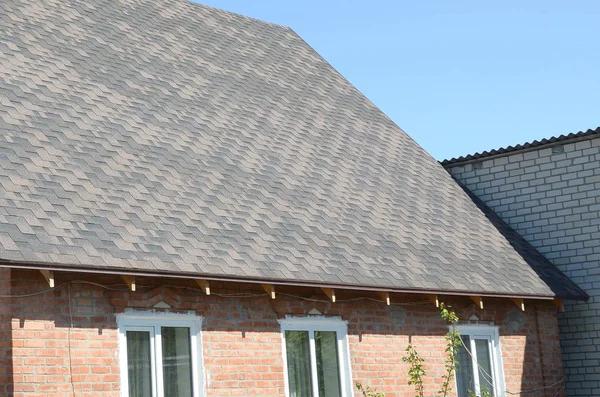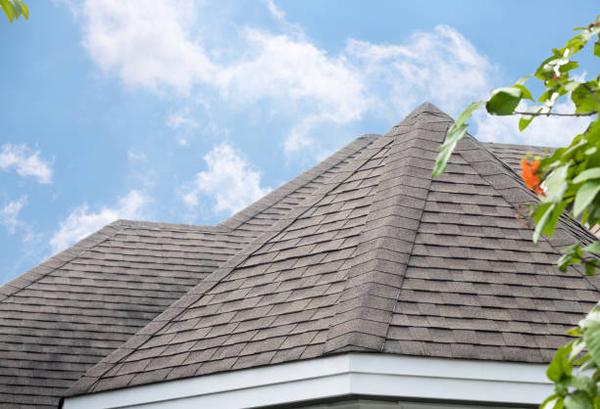When it comes to installing an air conditioning system, there are many factors that need to be taken into consideration in order for the system to work efficiently and effectively. One of the most important aspects of a successful air conditioning installation is proper insulation.
Insulation plays a crucial role in maintaining a comfortable indoor temperature while also helping to reduce energy costs. Without adequate insulation, cool air produced by the air conditioning system can easily escape through walls, ceilings, and floors, leading to increased energy consumption and higher utility bills.
Proper insulation helps create a barrier between the inside and outside of a building, preventing heat transfer and keeping cool air inside where it belongs. This not only helps maintain a consistent temperature throughout the space but also reduces the workload on the air conditioning system, allowing it to operate more efficiently.
There are several types of insulation materials available for use in air conditioning installations, including fiberglass, foam board, cellulose, and spray foam. The type of insulation used will depend on factors such as building construction, climate conditions, and budget constraints.
In addition to choosing the right type of insulation material, proper installation is key to ensuring its effectiveness. Insulation should be installed furnace repair correctly with no gaps or voids that could allow cool air to escape. It should also be properly sealed around windows, doors, electrical outlets, and other openings to prevent any leaks.
Another important aspect of insulation in successful air conditioning installation is proper sizing. Insulation should be installed at recommended thickness levels based on building codes and manufacturer specifications. Installing too little insulation can result in poor energy efficiency and comfort levels while installing too much can lead to moisture problems such as mold growth.
In some cases, existing buildings may not have adequate insulation or may have outdated or damaged insulation that needs to be replaced during an air conditioning installation project. In these situations, it is important to work with a qualified HVAC contractor who can assess the current state of the building’s insulation and recommend appropriate upgrades or replacements.
Overall, proper insulation plays a critical role in ensuring a successful air conditioning installation by helping maintain indoor comfort levels while reducing energy costs. By investing in high-quality insulation materials and professional installation services, homeowners can enjoy all the benefits of their new air conditioning system for years to come.
Trust 1 Services Plumbing, Heating, and Air Conditioning
11-17 Newbury St #2, Quincy, MA 02171
617-905-1366




